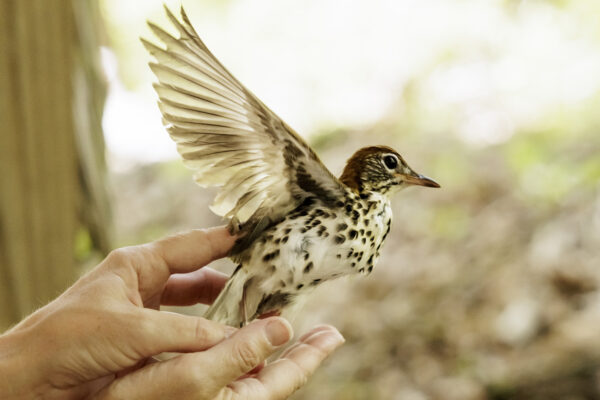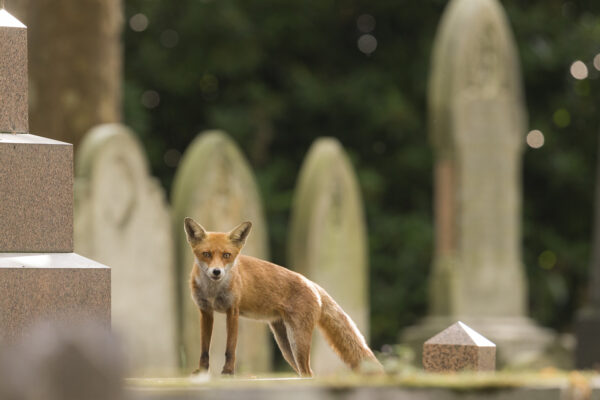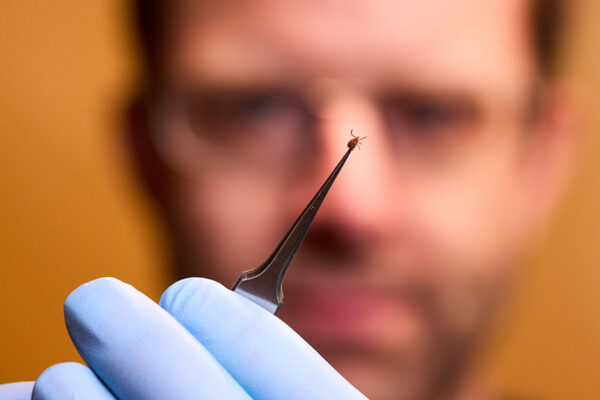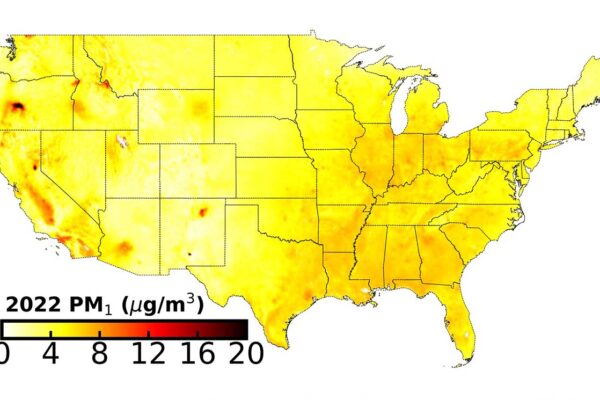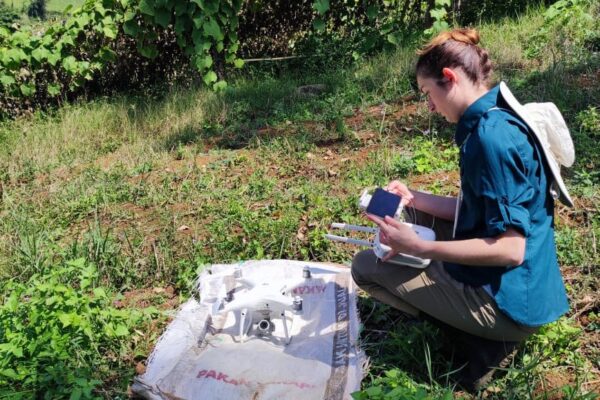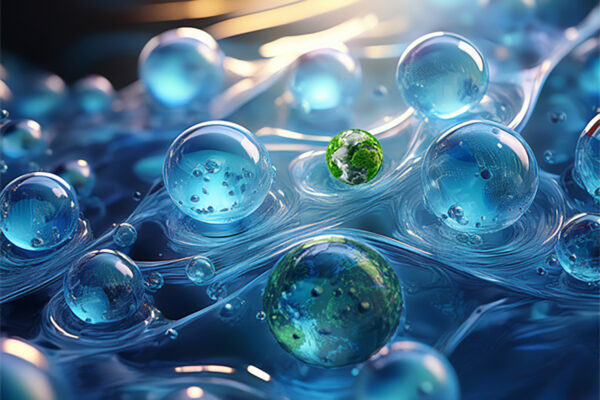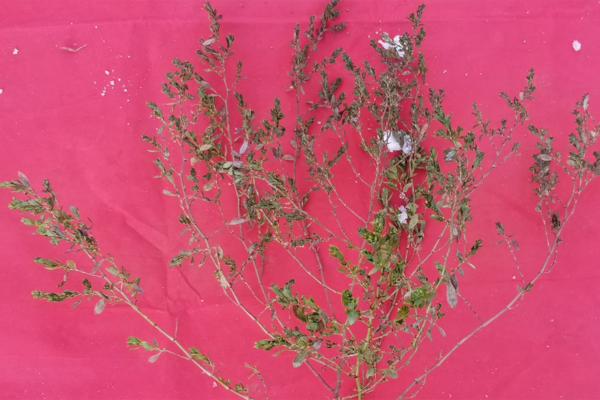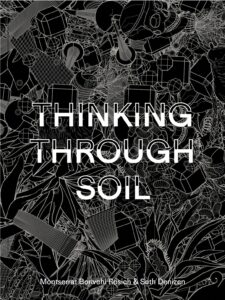Winged migration
St. Louis sits on the Mississippi Flyway — the largest migratory pathway used by birds in North America. In this photo story, learn about a long-term study of migratory birds led by volunteers at WashU’s Tyson Research Center that is yielding new data on bird longevity and migration patterns.
Religion, politics and war drive urban wildlife evolution
The downstream consequences of religion, politics and war can have far-reaching effects on the environment and on the evolutionary processes affecting urban organisms, according to a new analysis from Washington University in St. Louis.
How to stay safe from ticks and mosquitoes in the Midwest
Before venturing out into the woods, a nearby park or even your backyard, keep an eye out for mosquitoes and ticks, which can be vectors, or carriers, for pathogens that can cause disease. Scientists at WashU’s Tyson Research Center explain the risks and how to stay safe.
Tiny and toxic: Researchers track smaller air pollution particles across US skies
To help understand air pollution health effects, researchers in St. Louis quantified how the amount of submicron particles in the air has changed over the past 25 years.
Environmental futures
Discover some of the many environmental projects currently underway among WashU’s graduate student community, the ‘research engine of the university.’
Ethical exotics
Kahan Chavda, BSBME ’16, co-founder of Inversa, a company pioneering the field of ethically harvested leathers, workshops with Sam Fox School students on how engineering and fashion design can support endangered ecosystems.
New hydrogel treatments turn water waste into fertilizer
Environmental engineers at WashU have developed hydrogels to transform wastewater nutrients into useful feedstocks and fertilizers.
Reawakening ‘sleeping’ crops to combat today’s climate crisis
Archaeologist Natalie Mueller in Arts & Sciences explains how ancient agricultural systems could become a source of alternative crops and methods in an era of rapid climate change.
Removing selenium from water takes iron strength
Environmental engineers at WashU have developed critical methods to remove toxic selenium from water.
Thinking Through Soil
To think through soil is to engage with some of the most critical issues of our time. In addition to its agricultural role in feeding eight billion people, soil has become the primary agent of carbon storage in global climate models, and it is crucial for biodiversity, flood control, and freshwater resources. Perhaps no other […]
Older Stories
